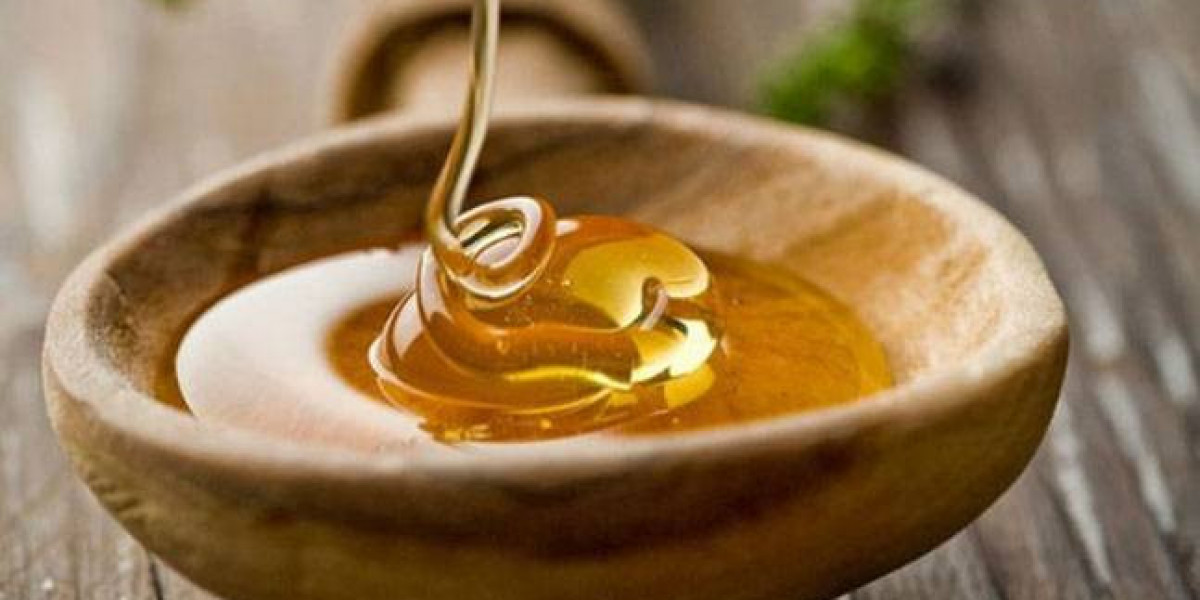Introduction
The manuka honey market is currently undergoing one of the most significant transformations in its history. Once regarded as a niche product for health enthusiasts or an occasional indulgence for the elite, manuka honey has now become a recognized staple in the global wellness economy.
The market shifts driving this change are not random but reflect the evolving priorities of modern consumers, technological innovations, sustainability movements, and lifestyle choices across cultures. Examining these shifts reveals why manuka honey is no longer limited to boutique shelves but is instead reshaping global perceptions of natural health solutions.
The Consumer Awareness Shift
One of the most powerful drivers of market change has been the rapid increase in consumer awareness. Today’s buyers are no longer satisfied with generic claims about health products. They want to know about origins, certification, and scientifically supported benefits.
This has placed manuka honey in a strong position because its unique methylglyoxal (MGO) content offers a scientifically recognized antibacterial effect. Consumers searching for natural products with proven efficacy have shifted their spending toward manuka honey. This awareness-driven shift has not only expanded its market size but has also created a sense of long-term trust in its healing properties.
Shift in Value Perception
A few years ago, high prices limited manuka honey’s reach. Consumers often viewed it as an expensive specialty product. But the perception has shifted. Instead of evaluating it against ordinary honey, buyers now view manuka honey as an investment in health and wellness. It is perceived more like a natural supplement or preventive medicine rather than a sweetener. This repositioning has reduced price sensitivity and enabled brands to maintain premium pricing without damaging demand. The psychological shift from indulgence to necessity is one of the strongest contributors to its ongoing market expansion.
Retail and Accessibility Shifts
The retail landscape has been another area of rapid change. Earlier, consumers could find authentic manuka honey only in select stores or wellness outlets. But with the global rise of e-commerce, accessibility has improved dramatically.
Online platforms not only allow international consumers to buy certified manuka honey but also educate them about product grading, authenticity, and proper usage. The integration of digital tools, QR codes, and blockchain-backed verification ensures transparency, increasing consumer trust. This retail shift has been instrumental in expanding manuka honey from regional availability in New Zealand to worldwide demand.
Shifts in Wellness and Lifestyle Adoption
Another significant change is the way consumers incorporate manuka honey into their daily lives. Instead of viewing it as a rare luxury for special occasions, people are adopting it as part of regular wellness rituals. It is being consumed in teas, smoothies, morning tonics, and even as a natural skincare solution. The global shift toward preventive healthcare and holistic living has placed manuka honey at the forefront of natural remedies. The product’s reclassification from a luxury to a lifestyle necessity highlights the growing role of natural solutions in global wellness culture.
Sustainability and Ethical Sourcing Shifts
Sustainability has become a powerful market differentiator. Consumers today are increasingly conscious of the environmental footprint of their purchases. The manuka honey industry has responded by promoting ethical sourcing, biodiversity conservation, and sustainable beekeeping practices. These efforts not only protect ecosystems but also resonate strongly with eco-conscious buyers. The shift toward sustainable branding ensures long-term loyalty while creating an identity for manuka honey as a product aligned with global environmental values.
Innovation and Product Diversification Shifts
Innovation has redefined how consumers interact with manuka honey. It is no longer limited to jars on store shelves. Today, it is available in convenient sachets, dietary supplements, lozenges, blended drinks, and skincare formulations. This product diversification has broadened its appeal across industries such as food, cosmetics, and pharmaceuticals. By expanding into new categories, manuka honey is shifting from a single-use product to a multi-functional solution that meets the diverse needs of health-conscious consumers worldwide.
Global Expansion and Cultural Shifts
The demand for manuka honey is no longer confined to Western markets. Cultural shifts in Asia-Pacific, the Middle East, and Europe are fueling global expansion. Rising disposable incomes, coupled with a growing preference for natural health remedies, have created fertile markets for manuka honey.
In some regions, it is being positioned as a cultural wellness symbol, while in others, it is marketed as a luxury with proven medicinal qualities. This global acceptance marks a cultural shift in how natural superfoods are integrated into diverse lifestyles, further accelerating demand.
Technology-Driven Market Shifts
Technology is playing an increasingly important role in the manuka honey industry. From advanced packaging that preserves quality to authenticity testing that eliminates counterfeit risks, innovation is transforming consumer confidence. Digital marketing and influencer-driven wellness trends are also shifting how consumers perceive and adopt manuka honey. This integration of technology ensures that the product remains competitive in a fast-changing marketplace, especially for younger demographics that rely on digital trust signals.
Conclusion
The manuka honey market has shifted from exclusivity to mainstream adoption, from indulgence to daily necessity, and from regional specialty to global superfood. These shifts—rooted in consumer awareness, premium value perception, retail accessibility, lifestyle integration, sustainability, innovation, and global expansion—highlight why the product is thriving in a competitive wellness landscape.
For consumers, these changes mean greater access to authentic, versatile, and health-enhancing manuka honey. For the industry, it represents a future of resilient growth and expanding opportunities across wellness, food, and healthcare markets. As global demand continues to evolve, the manuka honey market will remain a dynamic symbol of how natural products can reshape consumer lifestyles.








